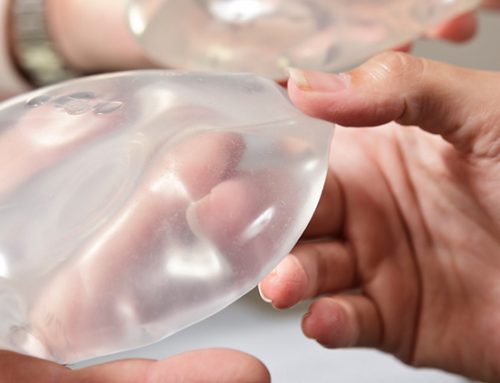‘Tis the season to be jolly, and often that means drinking more than usual. In the month between Thanksgiving and the New Year holiday, Americans spend more than $12 billion on distilled spirits – that is one-quarter of the industry’s yearly profit. If this season, you are giving yourself the gift of plastic surgery, however, we recommend you skip the spike in your eggnog. Alcohol and surgery (before or after) can be a bad mix.
We’re not just talking about excessive drinking, either. Research has shown that even drinking moderate amounts of alcohol before surgery can impair the immune system and increase the risk of respiratory complications. Heavy drinkers are also more likely to suffer from complications of wound healing and infections. They are 30 percent more likely than non-drinkers to be admitted into the intensive care unit after surgery.
Alcohol affects a number of different body systems already taxed by surgery. Here are five of the most common types of complications:
Pain
Alcohol in your system can make it more difficult to get the dosing of anesthesia to an optimal level during surgery. This can result in pain and increased awareness during surgery. Alcohol consumption also decreases pain tolerance in general, making for a more difficult recovery.
Swelling
Swelling is a natural part of any kind of surgery. Alcohol has the effect of dilating blood vessels and can make your tissues even more prone to swelling. This is not only uncomfortable, it can result in poor fluid balance after surgery as well as poor wound closure.
Bleeding
Alcohol is a natural blood thinner. Its use can lead to increased bleeding during surgery as well as in the days and weeks following a procedure. Excessive bruising and increased swelling are also possible, both of which can cause more pain and delayed healing time.
Dehydration
Surgery can result in dehydration. Add alcohol, a diuretic, to that and the effect can be dangerous. Dehydration can affect wound healing and it can make your recovery far more uncomfortable than it has to be.
Wound Healing
Excessive Alcohol consumption is linked to poor wound healing. This is especially important when it comes to plastic surgery. While your surgeon will do all he can to minimize the appearance of scars, they are nonetheless a natural outcome of surgery. Infection or excessive swelling can result in larger more misshapen scars, greatly diminishing the beneficial effects of having plastic surgery in the first place.
Dr. Slack takes the medical risks associated with drinking alcohol very seriously. He, like many other surgeons, requires patients to quit or significantly limit alcohol in the weeks before and after surgery.
Quitting alcohol may be no problem for you, but if you are a heavy drinker you need to consider the risks of withdrawal if you quit suddenly. Withdrawal from alcohol can be dangerous and can further complicate surgery and recovery. That is why it is important to take a hard look at your drinking and take steps to quit in a safe manner, well before any planned procedures. Sometimes this means quitting under the supervision of a physician.
The holidays can be an especially difficult time to quit drinking. But remember that being healthy and safe is the best gift you can give yourself. So if you have plastic surgery coming up, let that thought help you resist the champagne and hot buttered rum.




